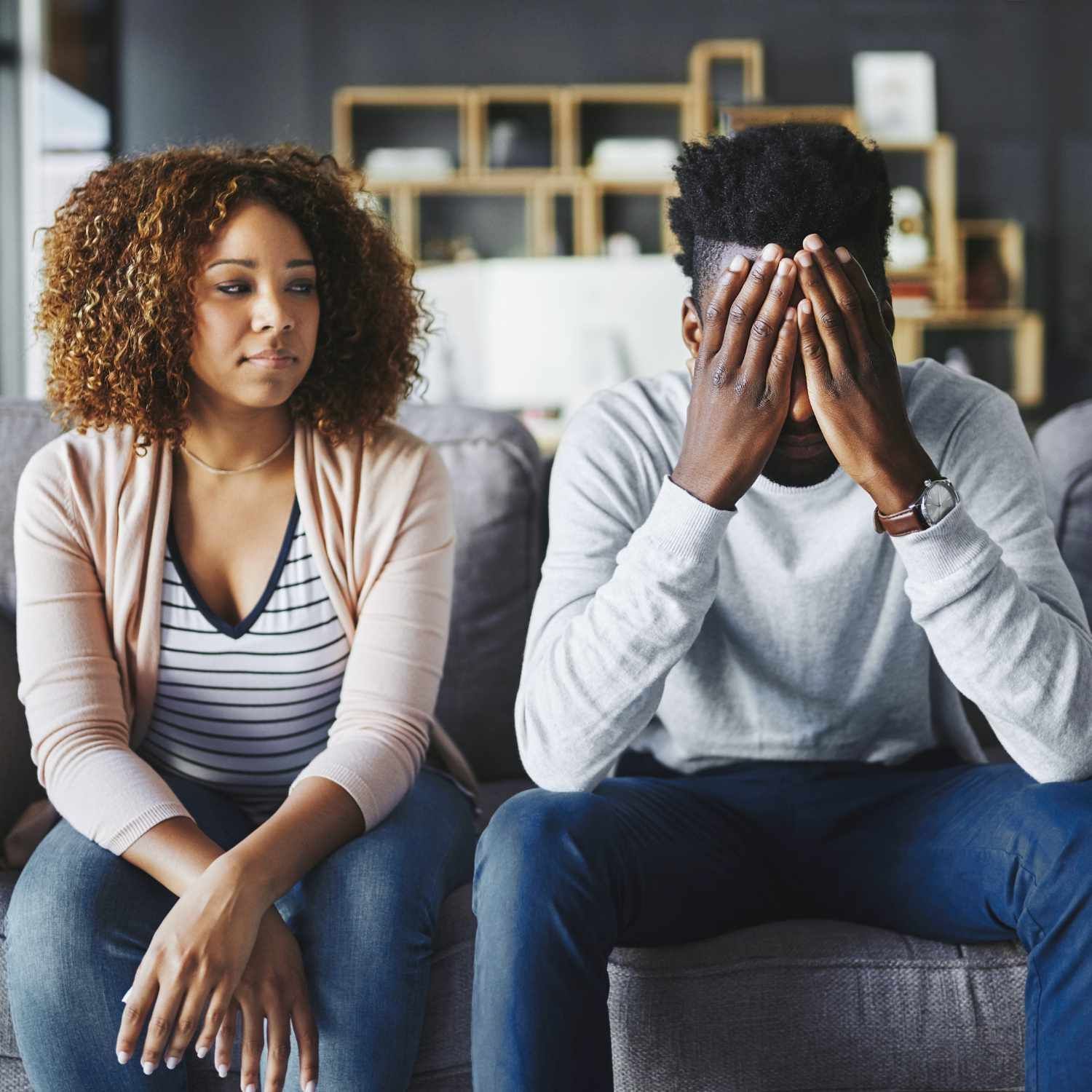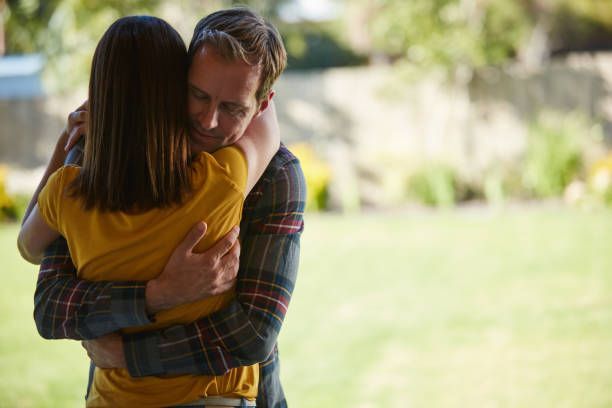Science, history and self-assessment show us that human beings ARE capable of change. We can change behaviour, thinking, emotions and our attitudes about people and life. We can accomplish great feats, master new skills, develop physical proficiencies, and learn to be better people. So of course, cheating partners can change. The question is whether or not they have addressed their initial reason for cheating, and are able to learn from it. Did they get whatever they needed from the cheating, or are they still seeking it?
Keep in mind - your partner didn’t necessarily look for another person. They wanted to BE another person. If your partner is still unhappy with who they are, they may continue to look outside your relationship for that magic pill – a person who will see them differently and make them feel differently about themselves. If your partner can ask themselves who they became when they were with the other person, this can help them learn what is lacking in their life. To be blunt – this isn’t about YOU. It never was.














